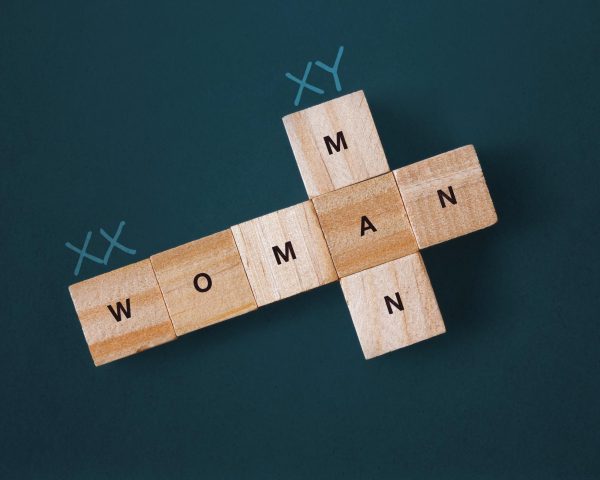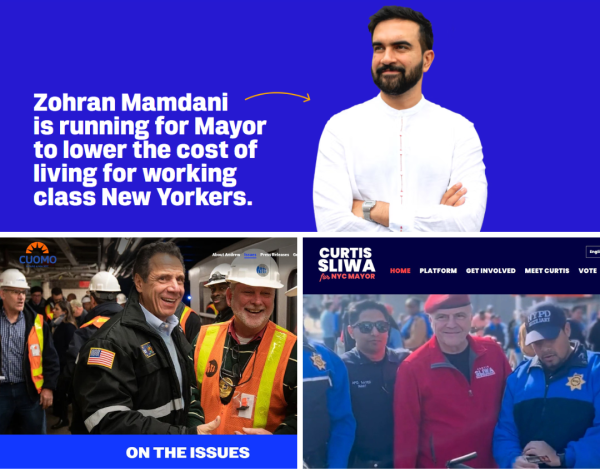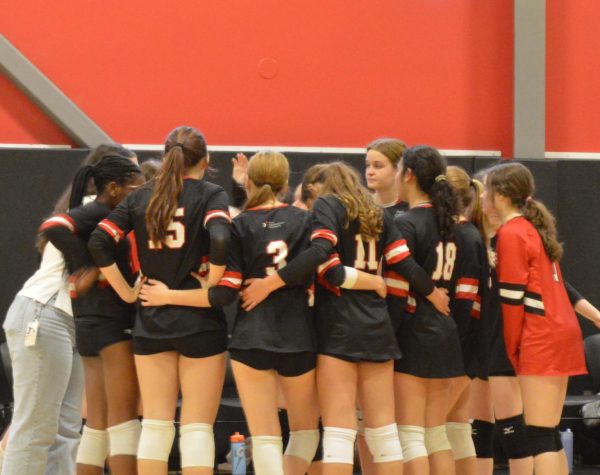The Dangers of Miscommunication
From the 16th to the 21st century, miscommunication has always played a dangerous role in politics.
In the sixteenth century, there were about seventy wars involving the nations and states of Europe. The century’s bloodiest conflict fit none of the usual patterns observed in wars before then; encounters, hostile or otherwise, were rarely fought against foreigners – the people you met and went to war with often believed in the same God as you, built their buildings and organized their cities the same way you did, and fought their wars with the same weapons according to the same rules. When the Spanish conquistador Hernán Cortés met the Aztec ruler Montezuma II, neither side knew anything about the other. No European had ever set foot in the Aztec Empire and vice versa. Then, 500 years ago, when explorers began traveling across oceans and undertaking bold explorations to previously unknown territories, a new type of encounter emerged. Both Cortes and Montezuma wanted to have a conversation but knew nothing of the other. Cortés knew only Spanish and had to bring two translators with him – one who knew Mayan and the Aztec language Nahuatl and one who knew Mayan and Spanish. A long, hopelessly complicated translation chain had to run both ways to understand what the other was saying – essentially a game of telephone. Ultimately, the two sides went to war. Cortés’ foray into Mexico happened in the era of cataclysmic colonial expansion and introduced a new form of social interaction. Today we are thrown into contact all the time with people whose assumptions, perspectives, and backgrounds are different from our own.
The communication challenge continues in modern day America. Take the Black Lives Matter movement. When protests sprouted across the country, there was both support and disapproval. Following the death of George Floyd by Minneapolis police officer, Derek Chauvin, an estimated 15 – 26 million people participated in the 2020 protests, advocating to defund the police and instead invest directly into black communities. The 7 percent of protests that turned violent gave voice to people against the movement; they argued that the disorder and destruction of property were reasons to oppose and discourage the movement. Same situation, two polar opposite standpoints.
The global climate change crisis is another where clear, concise, communication and understanding is lacking. Between the global temperature rise, glacial retreat, ocean acidification, and the declining arctic sea ice, the evidence for rapid climate change is compelling. Be that as it may, there are still those who oppose acts like “the Green New Deal” proposed by congresswoman Alexandria Ocasio-Cortez; the only plan put forward to address the interwoven crises of climate catastrophe, economic inequality, and racism at the scale that both science and justice urge. Many, especially the part of corporate America, particularly the fossil fuel industries, believe that government regulations on their activities are not necessary and threaten their positions. The climate change denial movement usually entices small-government advocates as well as social conservatives. Global warming poses a challenge to the denial movement; the idea that government powers should be held in check so as to preserve individual freedom tests the crisis of global proportions that could only be averted by strong government action. Either way, the absence of understanding stems from unclear communication and understanding from both parties. Same situation, two polar opposite standpoints.
Any social issue or political stance has multiple angles and stances, but the ability to convey those clearly, to a point where the opposing side can at least understand your position, is one that is lacking. The modern world resembles Cortés’ and Montezuma’s struggle to understand each other through multiple layers of translators.
Laila a senior at BASIS Independent Brooklyn. Her favorite subjects are History and English, and when not in school, she enjoys painting, surfing, traveling,...












